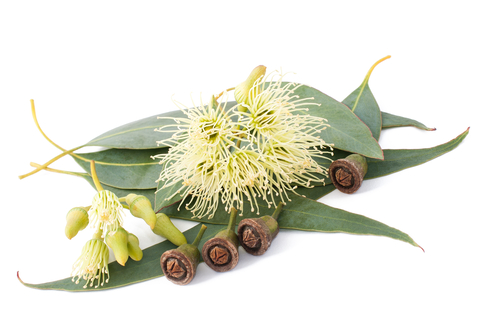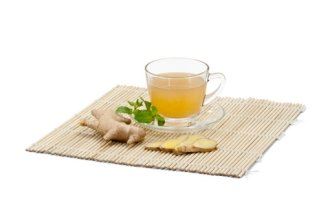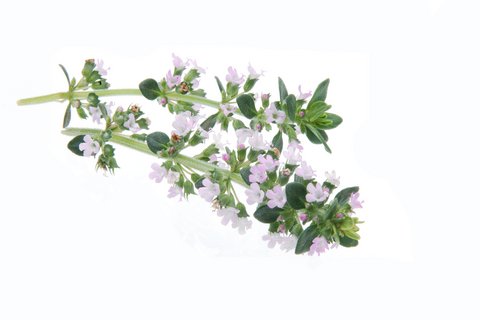Herbs for Dogs
"Let food be your medicine and your medicine be your food. Each one of the substances in a person's diet, acts upon the body and changes it in some unique way, and upon these changes the whole life depends, whether in health, in sickness or convalescent."
Hippocrates 2 000 years ago.
Table of Contents
- Herbs for Dogs.
- Safety Considerations.
- How to add Herbs to my Dogs Meals.
- Tips for Introducing Herbs.
- Examples of Herbal Combos for Specific Needs.

HERBS FOR DOGS
Welcome to Home Remedies Haven, your trusted resource for holistic pet care.
Our "Herbs for Dogs" section is dedicated to providing you with natural, safe, and effective herbal remedies to enhance your dog's health and well-being.
Whether you're seeking solutions to common ailments or simply looking to boost your furry friend's nutrition, you'll find a wealth of information on incorporating herbs into your dog's diet.
Explore our expert tips to help your canine companion thrive naturally.
Join us in embracing nature's healing power to support a healthier, happier life for your beloved pet.
|
Chamomile:
|
|
|
|
Ginger:
|
|
Turmeric
|
|
|
Echinacea
|
 Echinaea Echinaea |
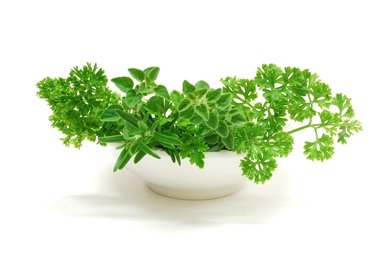 |
Parsley
|
|
Thyme
|
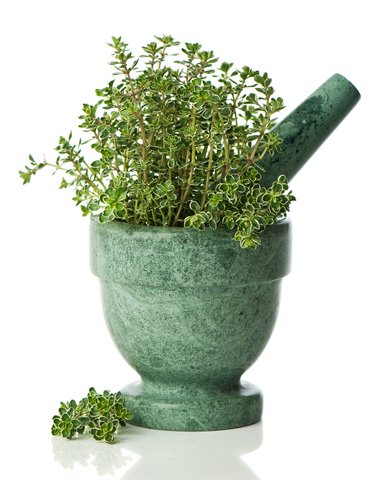 Thyme Thyme |
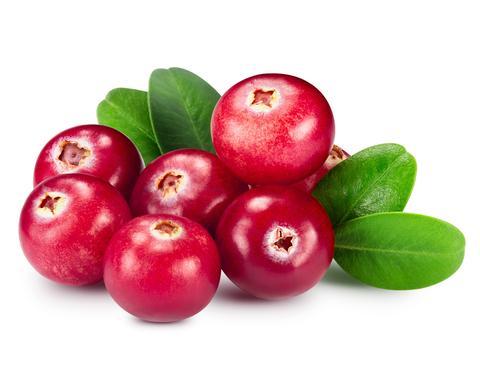 Cranberries Cranberries |
Cranberries
|
|
Dandelion
|
 |
 |
Basil
|
|
Peppermint
|
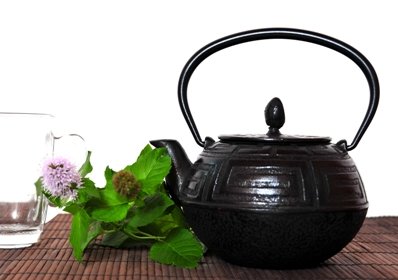 Peppermint Peppermint |
|
Alfalfa
|
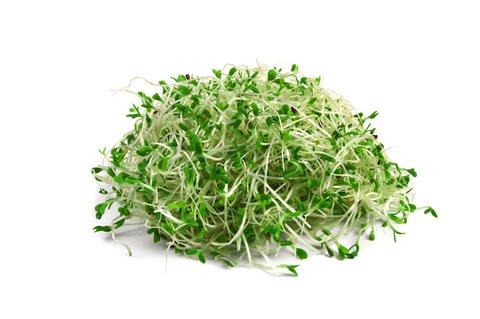 Alfalal Alfalal |
|
Milk Thistle
|
 Milk Thistle Milk Thistle |
Safety Considerations
While many herbs can be beneficial, it's essential to use them appropriately and consult with a veterinarian, especially a holistic or integrative vet, before introducing any new herb into your dog's diet or healthcare routine.
Some herbs can interact with medications or may not be suitable for all breeds, ages, or health conditions.
By incorporating these herbs thoughtfully, you can harness the power of nature to support your dog's well-being and enhance their quality of life.
How to add Herbs into my Dogs Meals?
Incorporating herbs into your dog's meals can be a great way to boost their nutrition and support their health.
Here are some practical methods to add herbs to your dog's diet:

1. Fresh Herbs
- Chop or Mince: Finely chop or mince fresh herbs and sprinkle them over your dog's food. Start with a small amount and increase gradually to ensure your dog tolerates them well.
- Blend into Smoothies: Blend fresh herbs with ingredients your dog loves, like yogurt or pumpkin, to create a nutritious smoothie. You can pour this over their regular food.
2. Dried Herbs
- Sprinkle Directly: Use dried herbs, which are more concentrated than fresh ones sparingly. A small pinch can be sprinkled directly on their food.
- Herbal Powders: Purchase herbs in powder form and mix them into your dog's food. Start with 1/8 to 1/4 teaspoon for small dogs and up to 1/2 teaspoon for larger dogs.
3.Herbal Infusions
- Herbal Teas: Brew a mild herbal tea and let it cool. Pour a small amount over your dog's food or water. Chamomile and ginger teas are particularly good options
- Steeping Herbs: Steep fresh or dried herbs in hot water, strain, and let it cool. Use the resulting infusion as a food topper.
4.Herbal Oils or Tinctures
- Diluted Herbal Oils: Some herbs can be infused in oils (like olive oil) and drizzled over food. Ensure the oil is suitable and safe for canine competition.
- Alcohol-Free Tinctures: Use glycerin-based herbal tinctures. Follow the dosage instructions provided on the product or advised by your vet.
5. Homemade Treats
- Herb-Infused Treats: Incorporate herbs into homemade dog treats. Mix herbs like parsley, turmeric, or basis into dough before baking.
- Frozen Treats: Blend herbs with water or broth and freeze in ice cube trays. Serve these herbal ice cubes as a refreshing treat.
6. Herbal Supplements
- Commercial supplements: Purchase commercially prepared herbal supplements designed specifically for dogs. Follow the dosage instructions provided by the manufacturer
Tips for Introducing Herbs.

- Start Slowly: Introduce one herb at a time and in small amounts to monitor your dog's reaction. Gradually increase to the recommended amount.
- Check for Allergies: Watch for any signs of allergic reactions, such itching, swelling, or gastrointestinal upset.
- Vet Consultation: Always consult your veterinarian before introducing any new herb, especially if your dog has underlying health conditions or is on medication.
- The Vet should preferably be one with experience in holistic or integrative medicine, before introducing new herbs.
- They can provide guidance on appropriate dosages and potential interactions with any medications your dog may be taking.
- Monitor Reaction: Keep an eye on your dog for any signs of discomfort, allergies, or digestive issues when you introduce new herbs.
- Stop immediately if any adverse reactions occur.
- Use High-Quality Herbs: opt for organic and high-quality herbs to ensure they are free from pesticides and contaminants.
Examples of Herbal Combos for Specific Needs
|
By incorporating these methods thoughtfully, you can provide a natural boost to your dog's diet, aiding in everything from digestion to calming their nerves.
Always prioritize their safety and well-being by seeking advice when needed.
IMPORTANT NOTICE
Home Remedies Haven would like to reassure all the visitors to our site, that we respect your privacy and do not in any way sell personal information.








